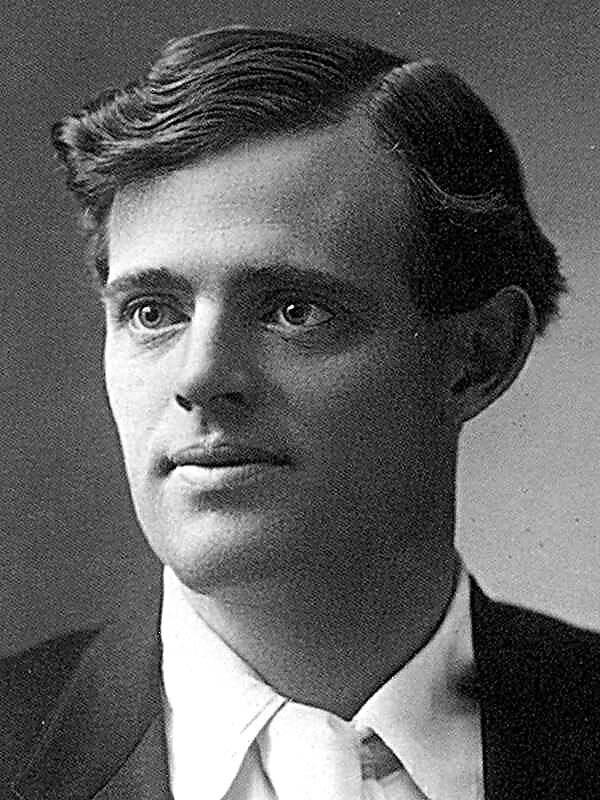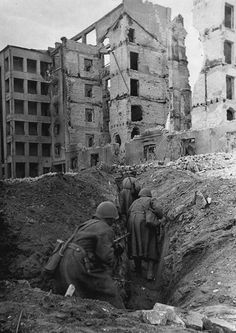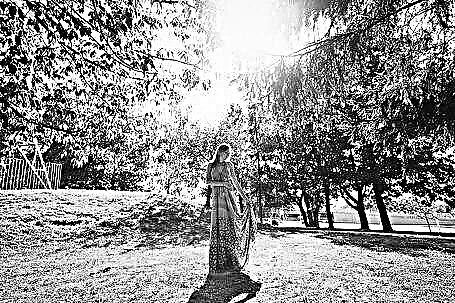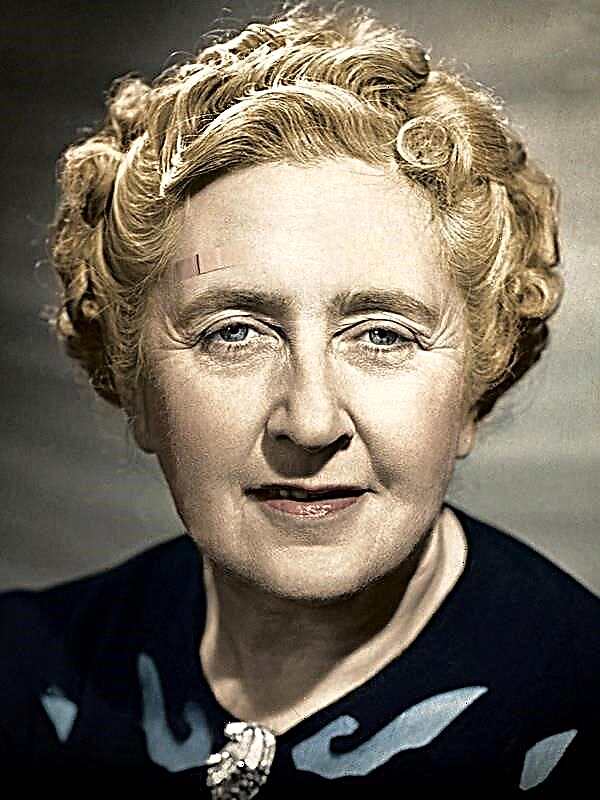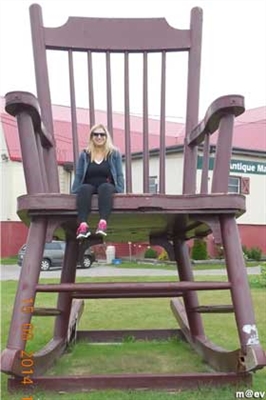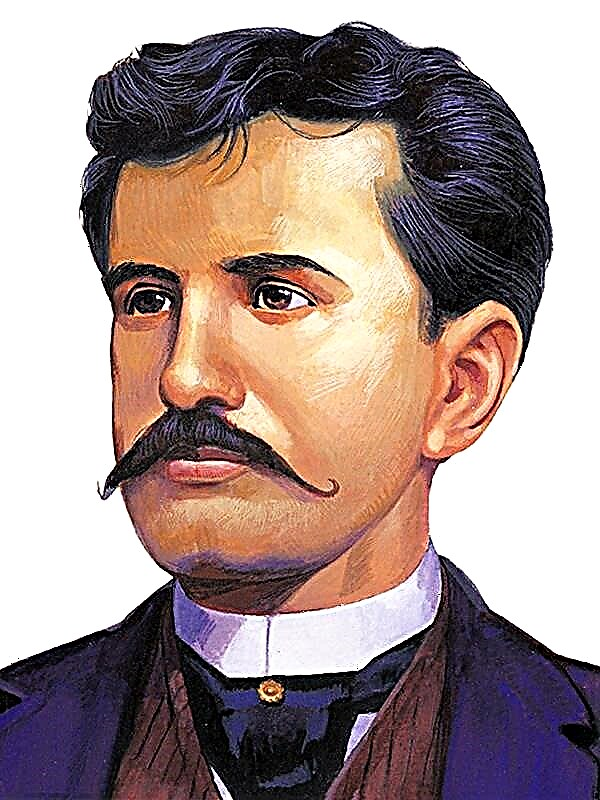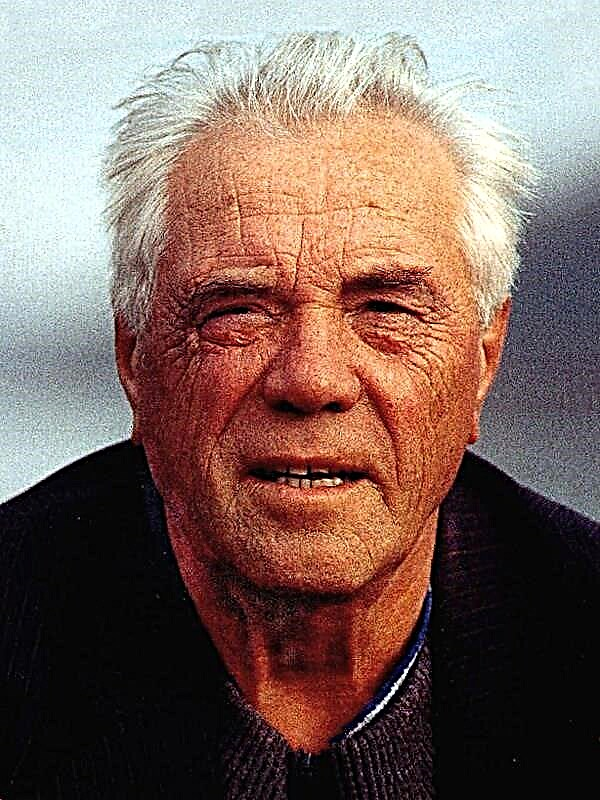There are no people more unfortunate than station rangers, because in all their troubles, travelers will certainly blame the rangers and seek to express their anger at them about bad roads, bad weather, bad horses and the like. Meanwhile, the caretakers are for the most part meek and unrequited people, "sheer fourteenth-class martyrs, protected by their rank tokmo from beating, and even then not always." The life of the caretaker is full of anxiety and trouble, he does not see gratitude from anyone, on the contrary, hears threats and screams and feels the tremors of irritated guests. Meanwhile, “from their conversations one can draw a lot of curious and instructive.”
In 1816, the storyteller happened to pass through the province of ***, and on the road he was caught in the rain. At the station, he hastened to change clothes and drink tea. She put the samovar and set the table of a caretaker's daughter, a girl of about fourteen named Dunya, who struck the narrator with her beauty. While Dunya was busy, the traveler considered the decoration of the hut. On the wall he noticed pictures depicting the story of the prodigal son, on the windows - geraniums, the room had a bed behind a motley curtain.The traveler suggested to Samson Vyrin - that was the name of the caretaker - and his daughter to share a meal with him, and a relaxed atmosphere aroused to sympathy. Horses were already fed, and the traveler still did not want to part with his new friends.
Several years passed, and again he had the chance to go by this route. He looked forward to meeting old acquaintances. “Entering the room”, he recognized the previous situation, but “everything around showed shabbiness and neglect”. Duni was not in the house either. The aged caretaker was gloomy and taciturn, only a glass of punch stirred him up, and the traveler heard the sad story of Duni's disappearance. It happened three years ago. A young officer arrived at the station, who was in a hurry and was angry that they did not feed horses for a long time, but when he saw Dunya, he relented and even stayed for dinner. When the horses arrived, the officer suddenly felt a strong malaise. The arrived doctor found a fever and prescribed complete rest. On the third day, the officer was already healthy and was about to leave. It was a Sunday, and he invited Duna to take her to the church. Father allowed his daughter to go, not assuming anything bad, but still he was overcome by anxiety, and he ran to the church. The dinner was already over, the prayers were dispersing, and from the words of the clerk, the caretaker found out that Dunya was not in the church. The coachman, returning in the evening, carrying the officer, said that Dunya went with him to the next station. The caretaker realized that the officer’s illness was feigned, and he himself fell ill in a fever.Having recovered, Samson asked for a vacation and went on foot to Petersburg, where, as he knew from the road, the captain of Minsk was driving. In Petersburg, he found Minsky and appeared to him. Minsky did not immediately recognize him, but when he found out, he began to assure Samson that he loved Dunya, would never leave her and make her happy. He gave the caretaker money and sent him out into the street.
Samson really wanted to see his daughter again. The case helped him. At Liteiny, he noticed Minsky in dandy shivers, which stopped at the entrance of a three-story building. Minsky entered the house, and the caretaker, from a conversation with the coachman, found out that Dunya lives here, and entered the porch. Once in the apartment, through the open door of the room, he saw Minsky and his Dunya, beautifully dressed and looking with uncertainty at Minsky. Noticing her father, Dunya screamed and fell to the carpet without memory. An enraged Minsky pushed the old man up the stairs, and he set off home. And for the third year now, he knows nothing about Duna and is afraid that her fate is the same as the fate of many young fools.
After some time, the storyteller again happened to pass through these places. The station was gone, and Samson "died a year from now." The boy, the son of a brewer who settled in the Samson hut, took the storyteller to Samson’s grave and said that in the summer a beautiful lady came with three barnes and lay for a long time on the caretaker’s grave, and he was given a nickel with silver, a kind lady.


